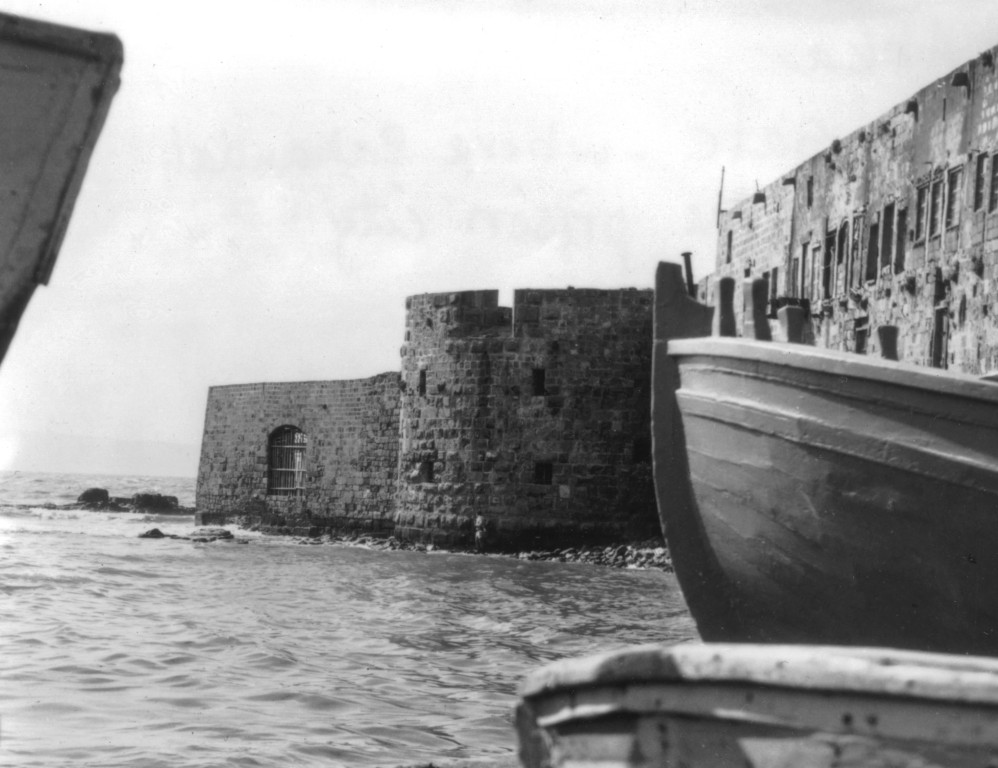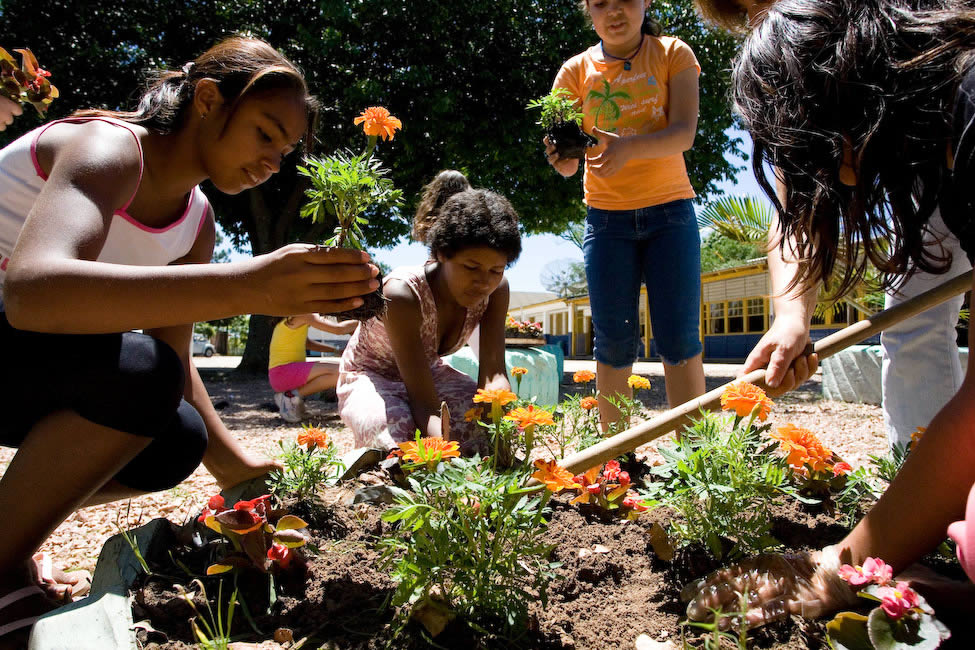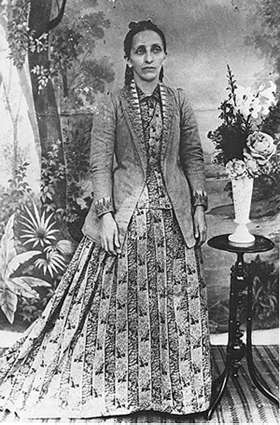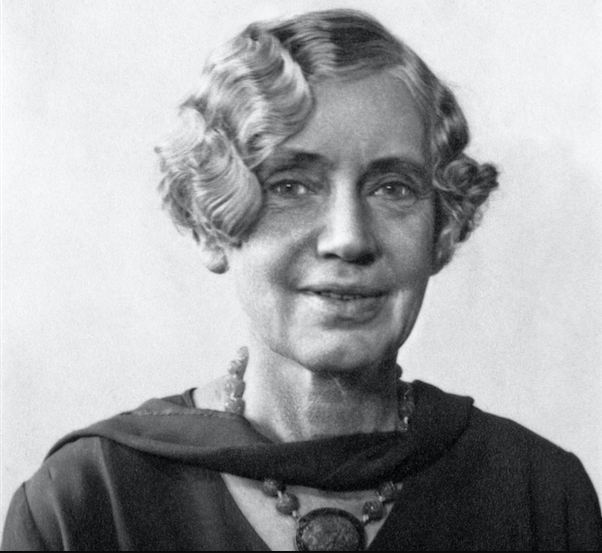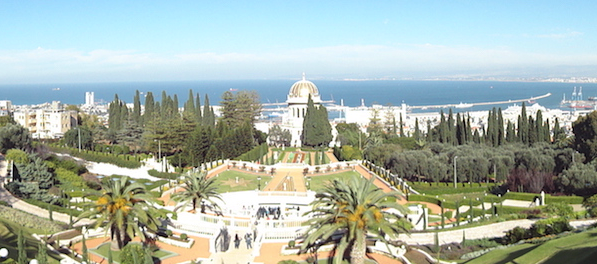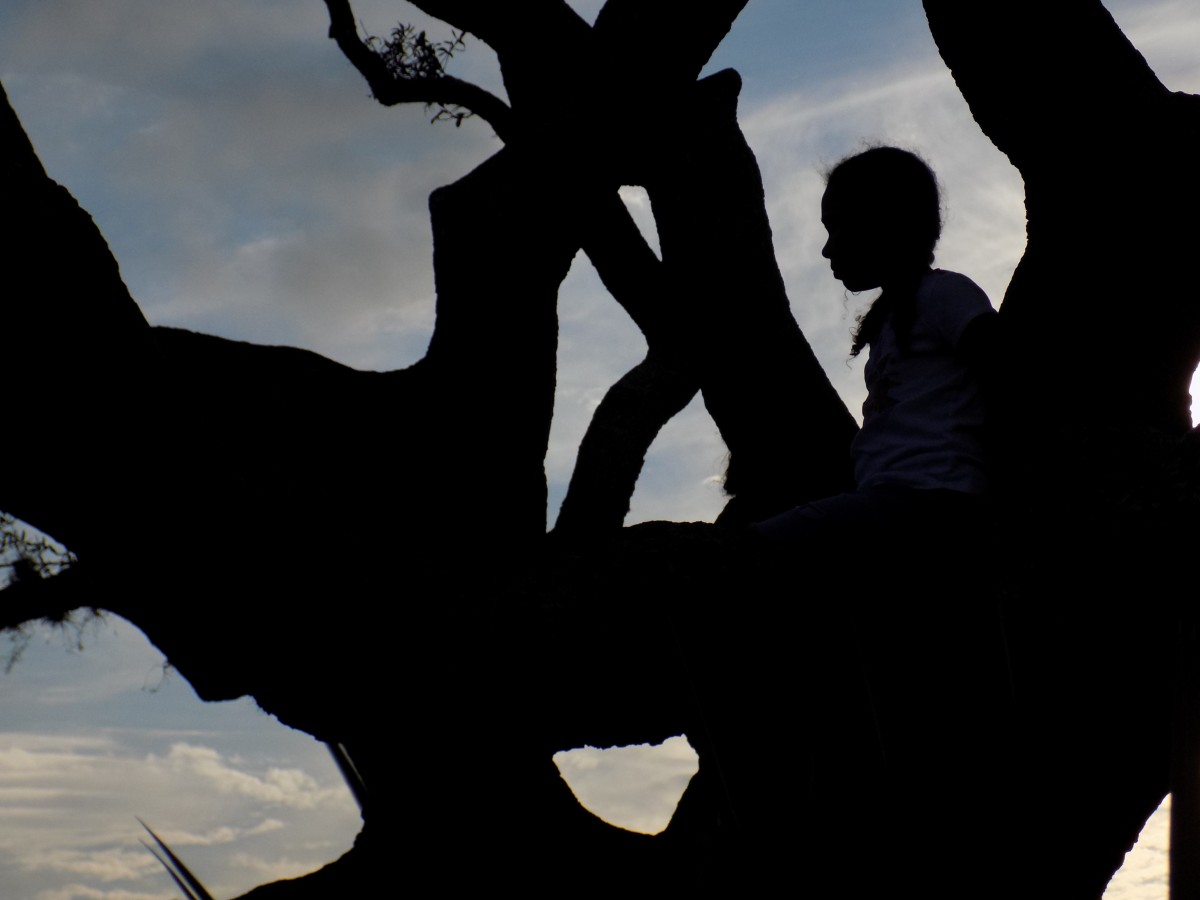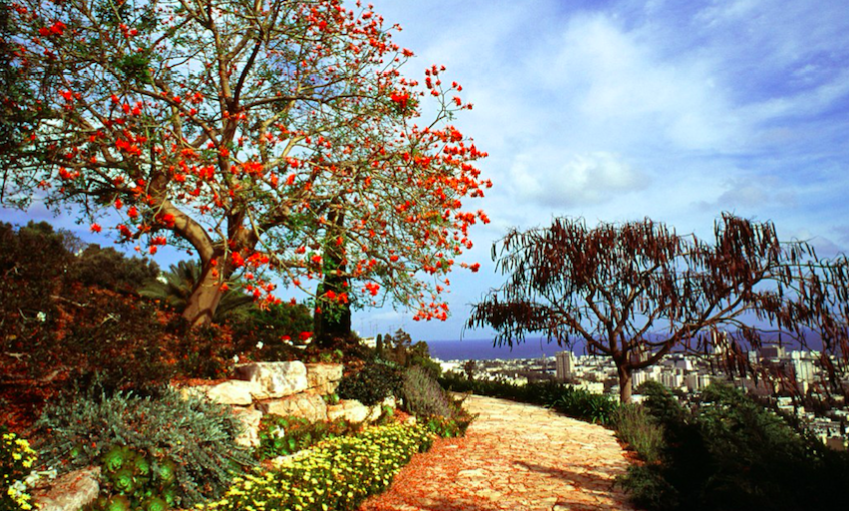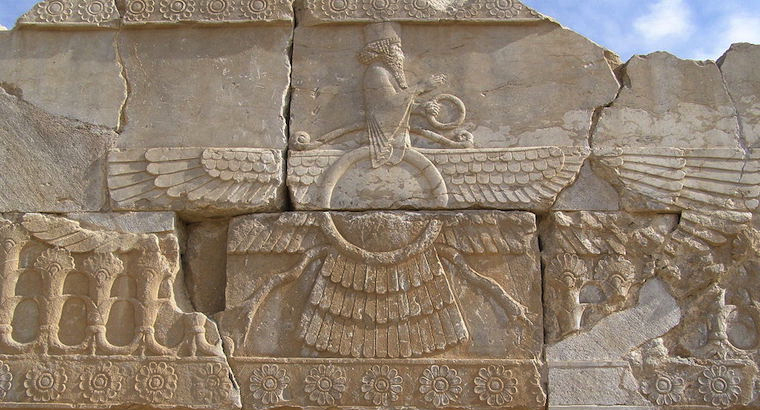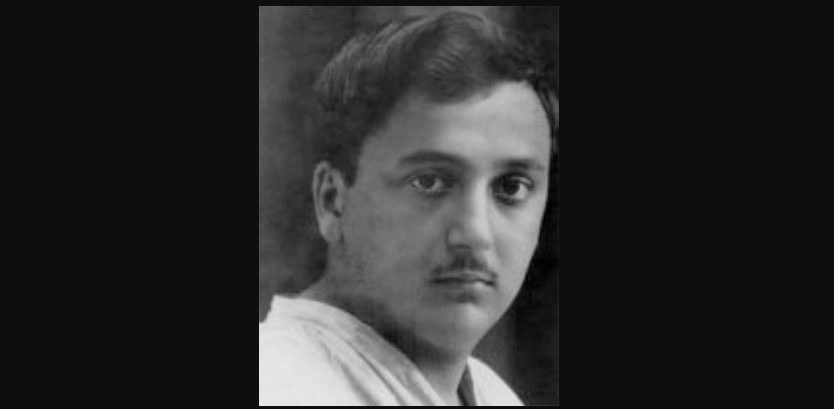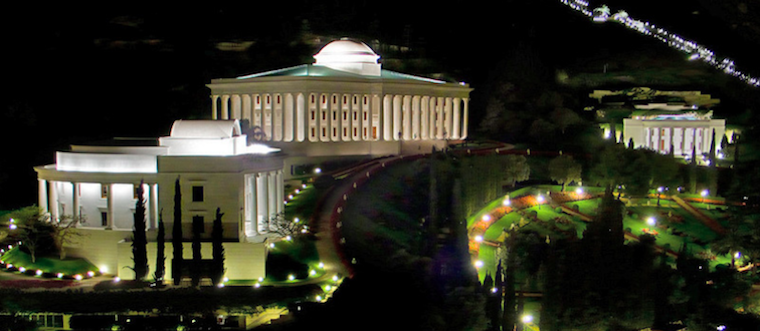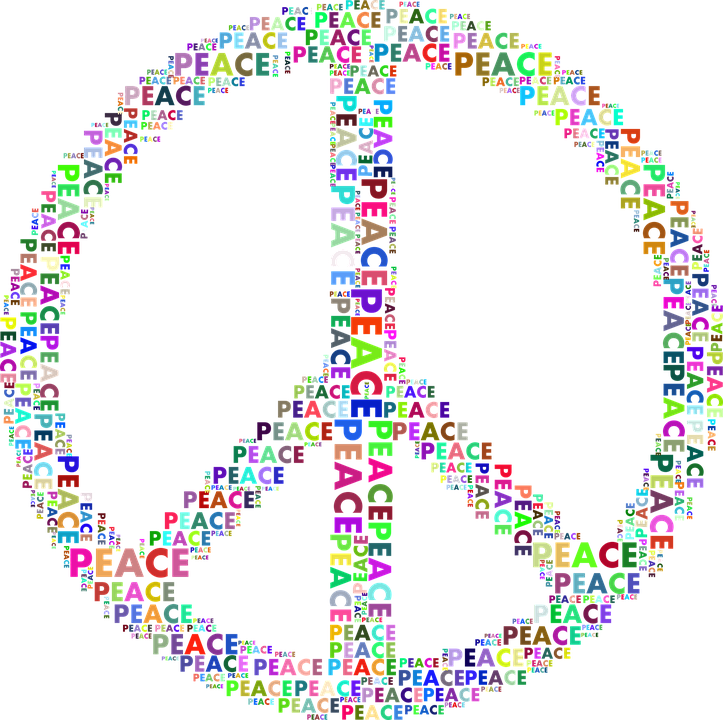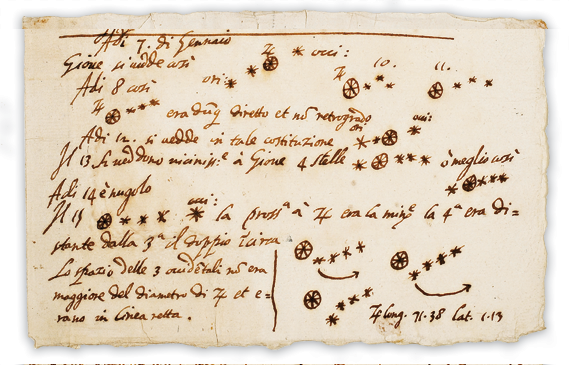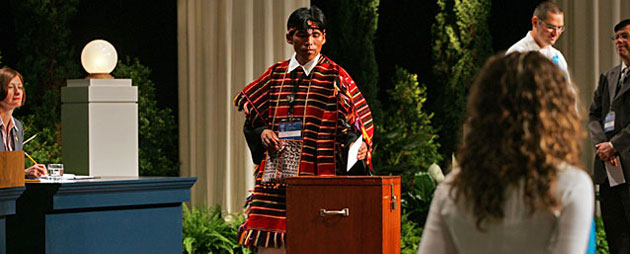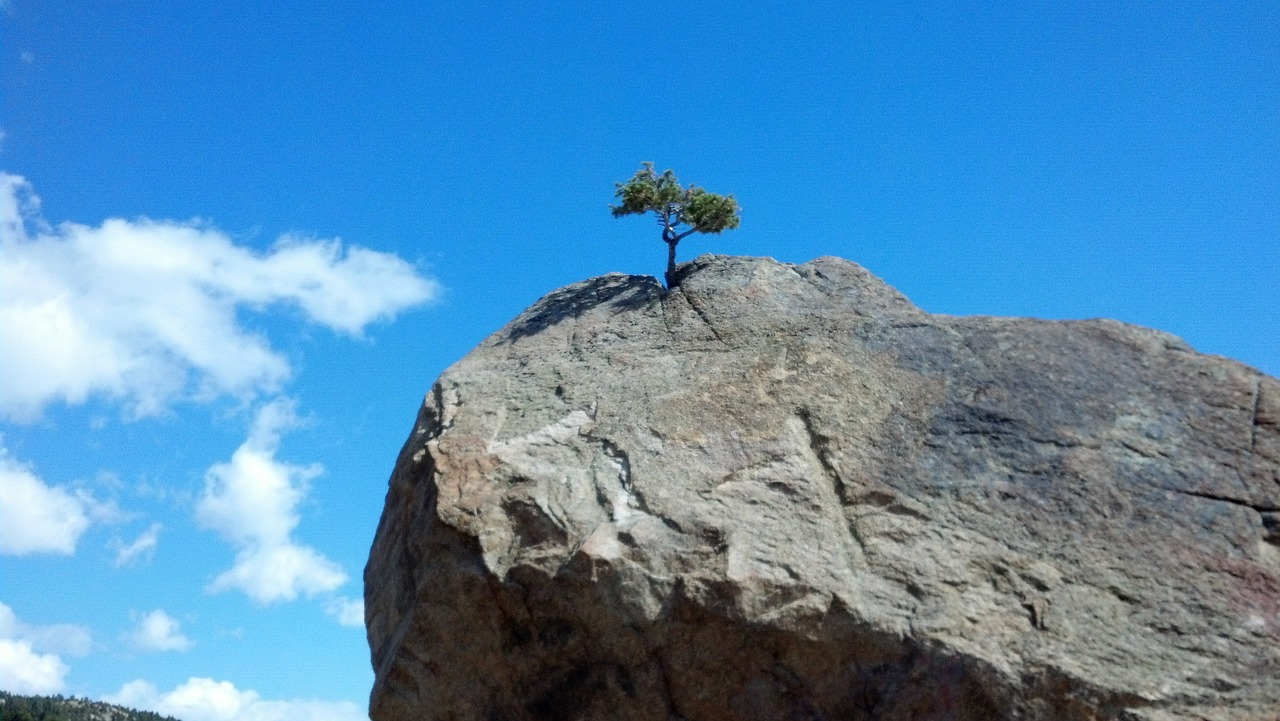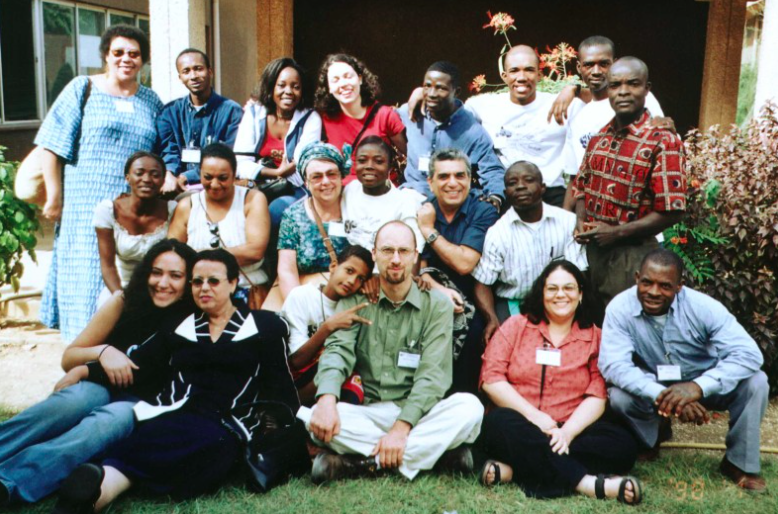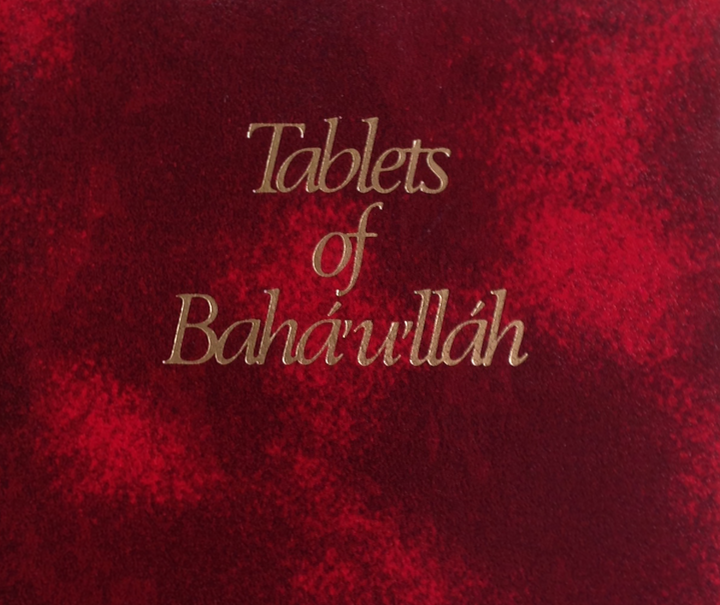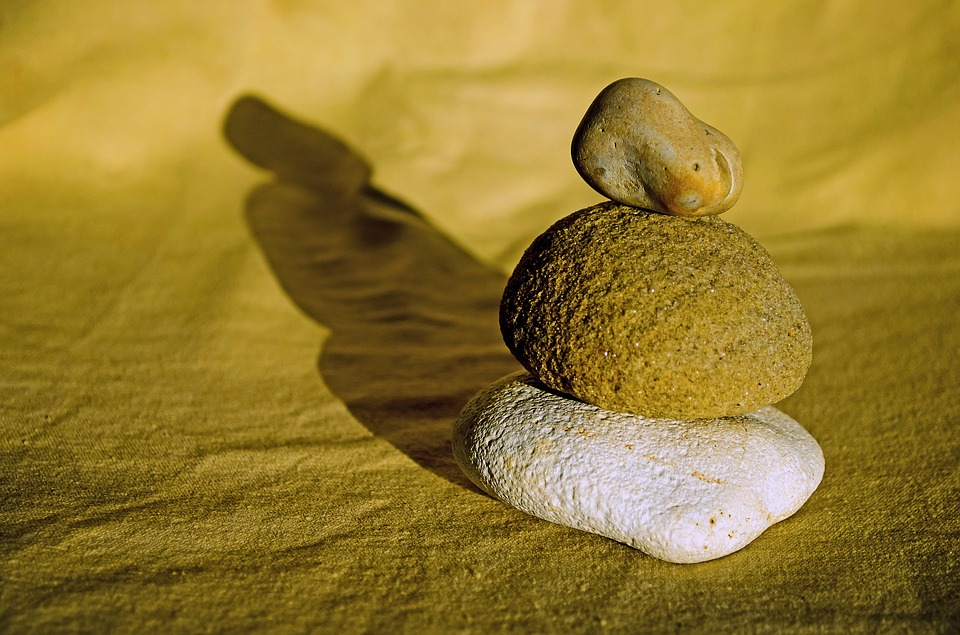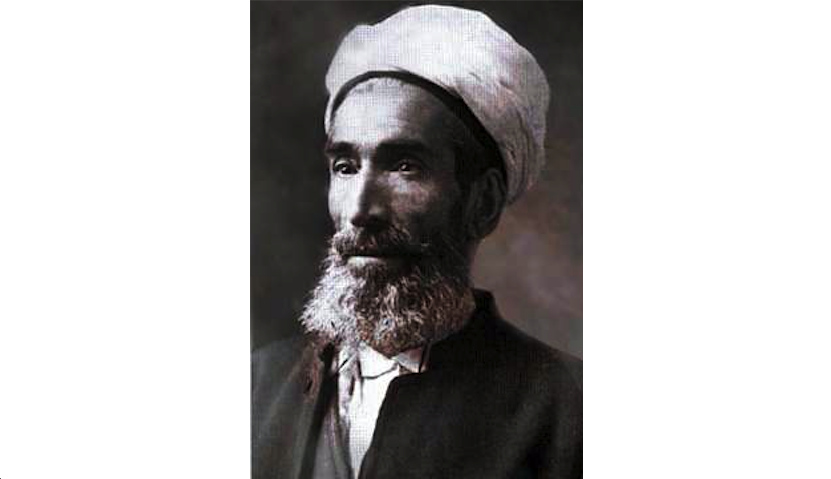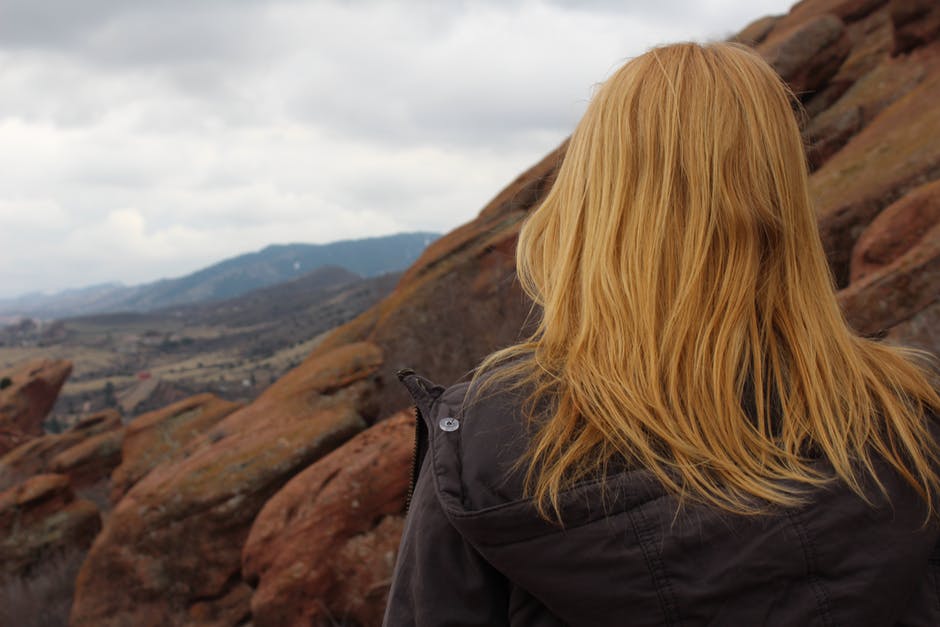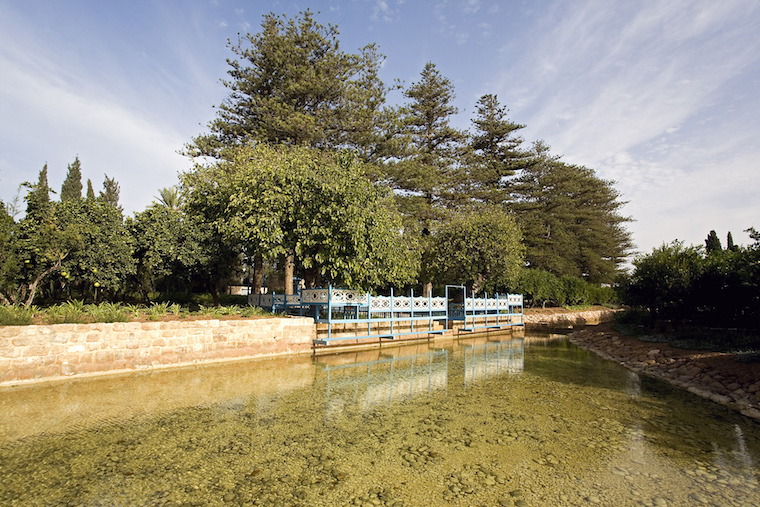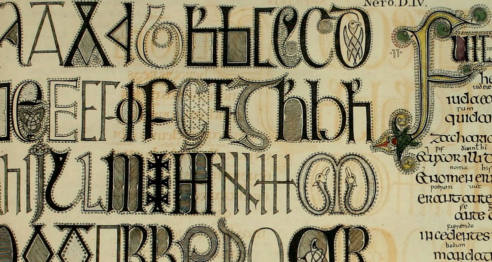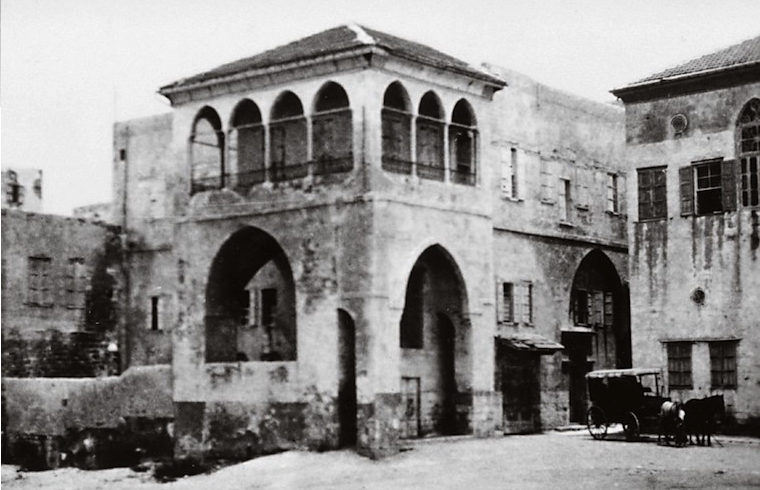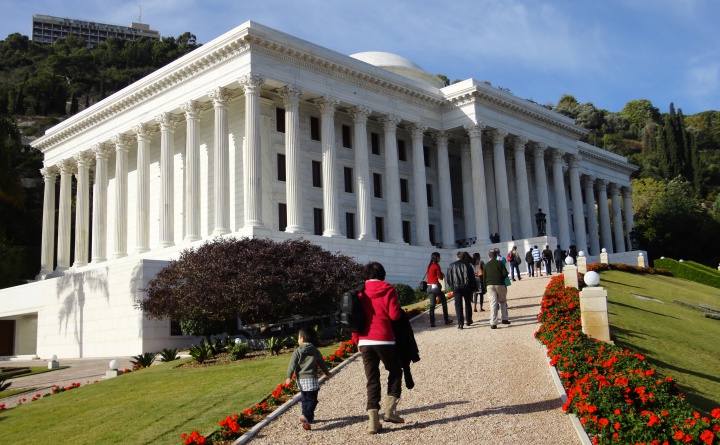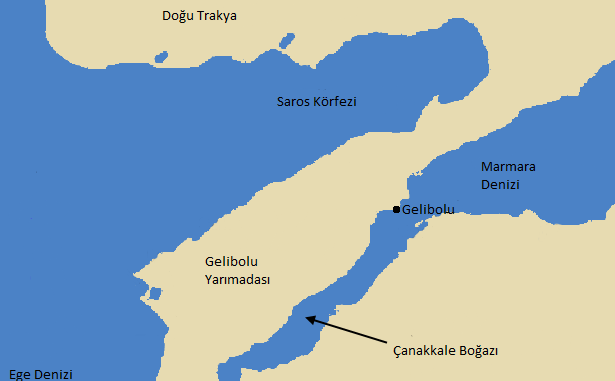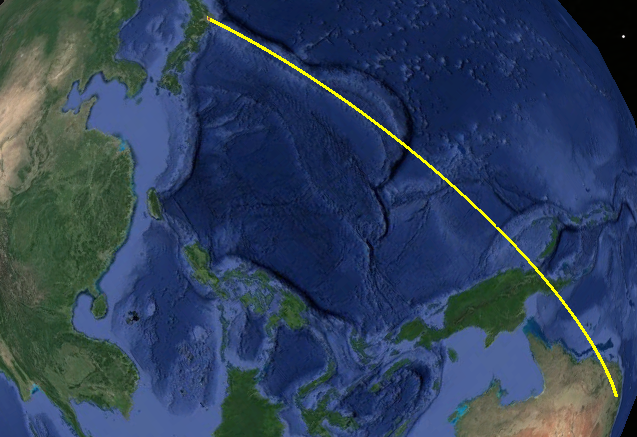-
On Becoming Good
One day I was having a conversation with someone, and they asked a question. The question, which was a very insightful one – and genuinely asked – went something like this. “I am a good person. I earn a living. I look after my family. I don’t do bad things. Isn’t that good? What more do I need to do?” I didn’t know the answer. Of course the short answer is yes – these are good – but I knew there was something missing. As sometimes happens, the answer came to me later. It was in writings of Abdu’l Baha. Abdu’l Baha frames the question in the context of spiritual…
-
A Different Kind of Power
Lust for power, or an addiction to it, once acquired, or the endless contest for power, is at the heart of much human suffering. Baha’u’llah was a Persian nobleman. His birth gave him power over others, had he desired it. He rejected that kind of power although offered to him by the vizier of the Shah when he was a young man. In the the Sultan’s Puppet Show, we saw that even as a child, Baha’u’llah saw such power as meaningless. The following, addressed to Napoleon III (when Baha’u’llah was himself a prisoner and exile) couldn’t be clearer: Exultest thou over the treasures thou dost possess, knowing they shall perish?…
-
A Mystic Journey – The Seven Valleys
Written for a judge and Sufi Shaykh, the Seven Valleys is described by Shoghi Effendi as Bahá’u’lláh’s greatest mystical work. The Seven Valleys is not easy to write about and defies superficial description. Only in travelling the journey can its meaning unfold. As Bahá’u’lláh writes in another of his mystical works, the Four Valleys: The story is told of a mystic knower, who went on a journey with a learned grammarian as his companion. They came to the shore of the Sea of Grandeur. The knower straightway flung himself into the waves, but the grammarian stood lost in his reasonings, which were as words that are written on water. The…
-
Shoghi Effendi – A Transcendent Life
Shoghi Effendi served as Guardian of the Baha’i Faith from 1921-1957. As we have already seen, it was not a role he envisaged undertaking. It was a role he fulfilled magnificently. His life’s work stands at the sunset of what Shoghi Effendi himself defined as the heroic age of the Baha’i Faith. The time when spiritual heroes such as the Bab, Baha’u’llah, Tahirih, Mulla Husayn, Quddus and Abdu’l Baha walked the Earth and gave birth to a new religion. Shoghi Effendi guided the Baha’i community through the beginnings of the “Formative Age” – a time when quill and donkey transitioned to typewriter and motorcar. With Shoghi Effendi, we definitively enter the modern world. Even in his dress…
-
Baha’i Elections
As explored in the article on religious institutions, Baha’i decision making bodies are elected bodies. So what do Baha’i elections look like? Perhaps our experience of elections isn’t very “spiritual” – their focus on exaltation of the individual – the tendency for the electoral contest to polarize a community – and a process with often draws out the worst in the “combatants”. Such patterns aren’t of course coherent with the Baha’i teachings – and aren’t present in Baha’i elections. What does a democratic process look like when carried out in a spiritual environment? A short description of the experience helps. We are in a hall. Delegates and Baha’is who wish to attend have gathered for the…
-
Three Protagonists Generating the Future: Individual, Community and Institutions
The title to this article draws on a concept described in letters of the Universal House of Justice to the Baha’i community – that there are three protagonists (three actors): individual, community and institutions; from whose interactions the future emerges. In the previous three articles we have examined Bahá’u’lláh’s reforms to religious institutions, the kind of community life the Baha’i community is working to foster and the role of the individual. Working towards a new relationship between these three actors is connected with Bahá’u’lláh’s vision both of the time in which we live (the era of human maturity) and his vision of the oneness of humanity. The increasing difficulty in…
-
An Empowering and Supportive Community Life
In previous articles we have looked at how Baha’u’llah reforms religious institutions as consultative institutions with a duty to foster human well-being. We have also seen how the individual is framed by Baha’u’llah as an active citizen who is a partner in fostering human well-being. How then does community life change? Sometimes religious community life is viewed as being judgemental, oppressive and divisive. And while such patterns can be observed from time to time they aren’t inherent in the core essence of religious teachings. And they are incoherent with Baha’u’llah’s vision and rare in Baha’i experience. But even absence of these negatives is not sufficient. Thus writing in 2010, the Universal House of Justice presents…
-
The Individual in the Era of Human Maturity
As foreshadowed in yesterday’s article – Baha’u’llah’s teachings carry implications for the role of the individual. Indeed Baha’u’llah’s teachings empower the individual as an active participant in religious and social life. In his will and testament Baha’u’llah defines our time as follows: Great and blessed is this Day—the Day in which all that lay latent in man hath been and will be made manifest. As we have noted Baha’u’llah does not provide for any kind of clergy. Historical practices elevating an individual leader and fostering individual power over indviduals and comunities are also removed. Baha’u’llah thus prohibits the kissing of hands.[1] He prohibits seeking forgiveness from another human beings.[2] He abolishes the use of…
-
Religious Institutions for the Era of Human Maturity
Bahá’u’lláh established a new faith. What would its institutions be like? In accordance with the wide ranging reforms across Bahá’u’lláh’s teachings – the religious institutions he designed are entirely new. In this article, these institutions are described. Future posts will explore complementary transitions in the nature of community life and the role of the individual. These also change in the age of maturity – as does the relationship between each of these three actors in society. Bahá’u’lláh does not adopt familiar religious models for the religious institutions he establishes. Indeed it is itself unique that he explicitly establishes, in his own writings, the institutions that are to administer the Baha’i community…

